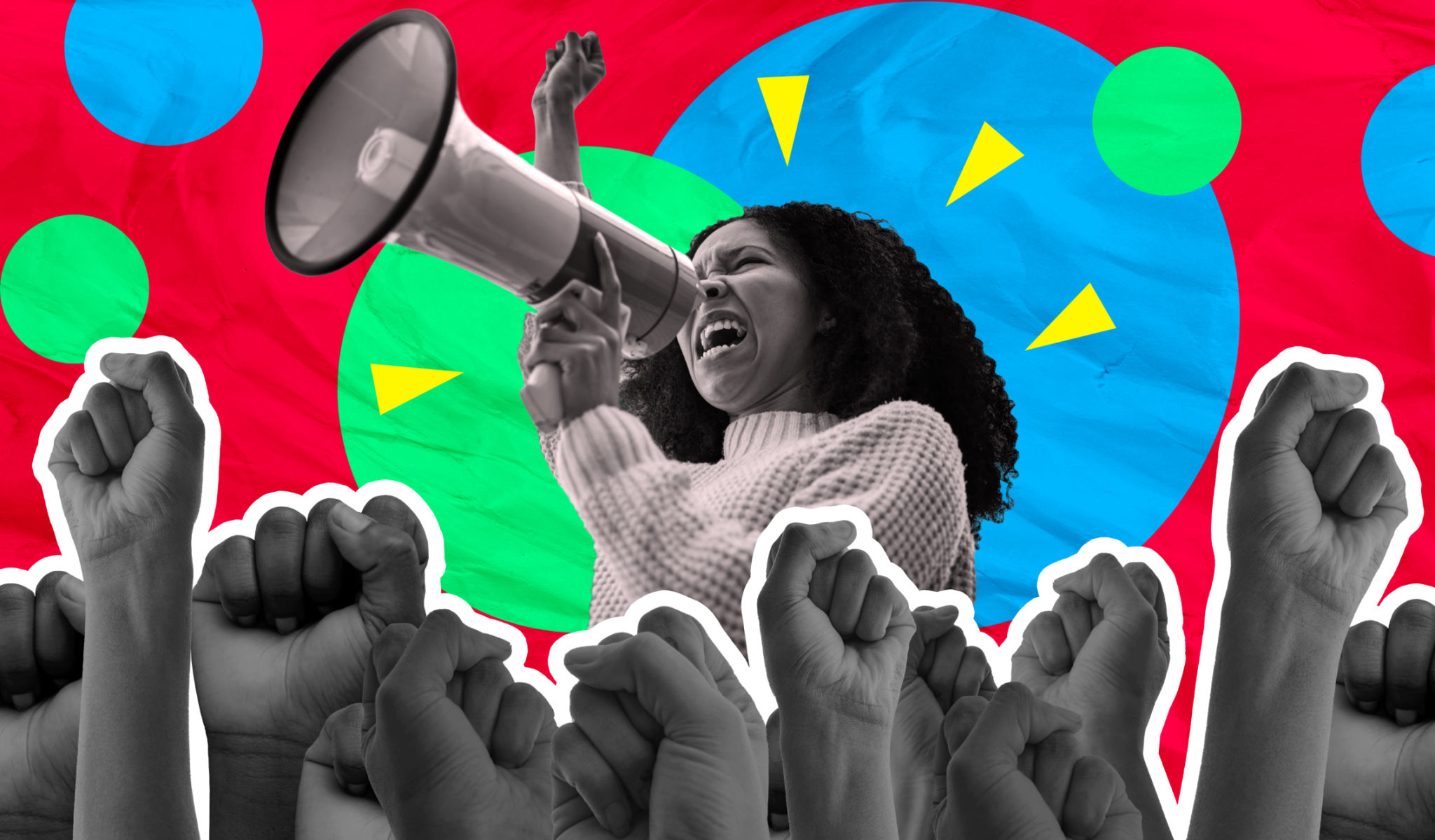Innovative Ways to Resist Trump's Regime: A Look at Emerging Trends
Grassroots Movements: A Strong Foundation
One of the most effective ways to resist any political regime is through grassroots movements. These movements are born out of local communities and are driven by the passion and commitment of individuals who are directly affected by the policies in question. In recent years, we've seen a surge in grassroots activism, with people organizing rallies, protests, and community events to voice their opposition to policies they disagree with.
Grassroots organizations have proven their strength through their ability to mobilize people quickly and efficiently. By leveraging social media and digital communication tools, these movements can rapidly grow and spread their message to a wider audience. This has been especially evident in the rise of movements like the Women's March and Black Lives Matter, which have both used grassroots strategies to gain significant traction.

Harnessing the Power of Technology
Technology has become a powerful ally for those looking to resist political regimes. The digital age offers numerous tools for organizing, communicating, and spreading awareness. Social media platforms such as Twitter, Facebook, and Instagram allow activists to reach millions of people and build a sense of community among like-minded individuals.
Moreover, technology also facilitates the creation of digital petitions and crowdfunding campaigns, enabling activists to gather support and resources for their causes. Websites and apps dedicated to political engagement, such as Countable or Change.org, have made it easier for individuals to get involved, sign petitions, and stay informed about policy changes.

Art as a Form of Protest
Art has long been a medium for expression and dissent. From music and poetry to street murals and performance art, creators are using their talents to make powerful statements against political regimes. Art can evoke strong emotions and inspire change, making it an effective tool for resistance.
In recent years, we've seen artists from all over the world using their platforms to challenge Trump's policies on immigration, climate change, and social justice. Whether it's through satirical cartoons or poignant songs, art continues to play a crucial role in political discourse.

Legal Challenges: Fighting from Within the System
Another strategic approach to resisting a political regime is through legal challenges. Lawyers, activists, and organizations are utilizing the court system to contest policies they believe are unconstitutional or unjust. This method involves filing lawsuits, seeking injunctions, and advocating for policy changes through legal channels.
The American Civil Liberties Union (ACLU) has been at the forefront of this effort, challenging various executive orders and legislation introduced during Trump's tenure. Legal resistance is often slower than other forms of protest but can result in significant victories that protect civil rights and liberties.
The Role of Education in Resistance
Education is a powerful tool for resistance. By informing and educating the public about the implications of certain policies, activists can empower individuals to make informed decisions and take meaningful action. Workshops, seminars, and online courses are being utilized to spread knowledge about civic engagement and political activism.

Educational initiatives aim to foster critical thinking and encourage citizens to question policies rather than accept them at face value. This approach not only equips people with the tools needed for resistance but also builds a more informed electorate.
The Importance of Building Alliances
In the fight against oppressive regimes, building alliances is crucial. Cooperation between different groups and organizations can amplify efforts and create a broader impact. By forming coalitions, diverse groups can pool resources, share strategies, and support each other's initiatives.
These alliances can be local or international, bringing together organizations that may not have worked together previously but share common goals. The strength in numbers approach can lead to more effective resistance campaigns that challenge political powers more robustly.
